Morrisons 'baffled' to be named UK's worst shop
New Which? survey seems to contradict findings of separate supermarket study in February
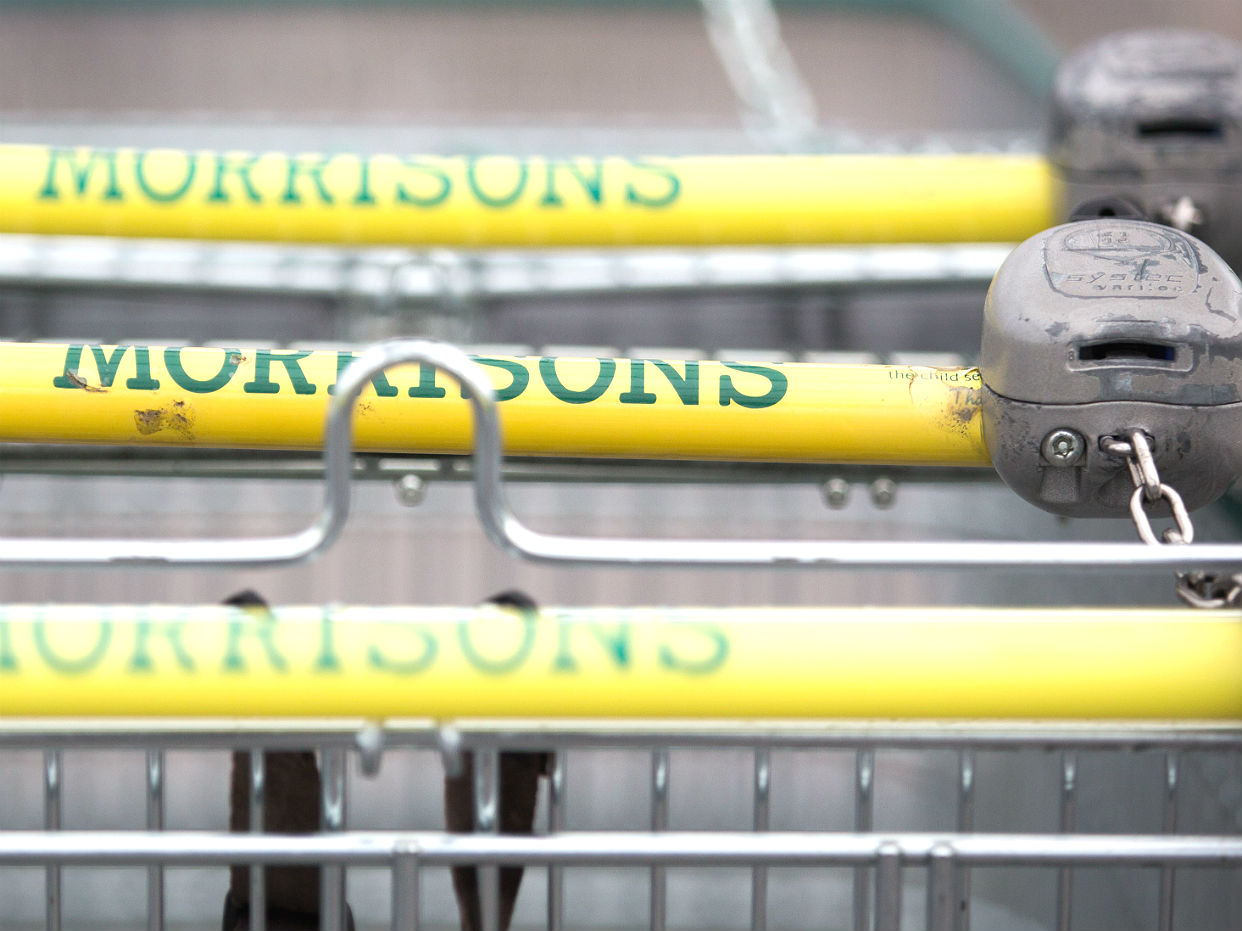
A free daily email with the biggest news stories of the day – and the best features from TheWeek.com
You are now subscribed
Your newsletter sign-up was successful
Morrisons faces developer disputes worth millions
28 September
Plans for struggling supermarket giant Morrisons to cut its store estate in order to save costs have led to disputes with a number of property developers, who are fighting for multimillion pound payouts from the company.
In the latest blow to the number four grocer's hopes of a turnaround, the Daily Telegraph warns it is "in a legal row with a clutch of property developers" over contracts to build new stores. The developer in one case, Wessex Investors, told the paper Morrisons was attempting to walk away from its central role in a project that also includes 275 homes, a hotel and leisure facilities that would have created 300 jobs in Launceston, Cornwall.
The Week
Escape your echo chamber. Get the facts behind the news, plus analysis from multiple perspectives.

Sign up for The Week's Free Newsletters
From our morning news briefing to a weekly Good News Newsletter, get the best of The Week delivered directly to your inbox.
From our morning news briefing to a weekly Good News Newsletter, get the best of The Week delivered directly to your inbox.
According to Wessex, Morrisons is claiming that excessive noise restrictions imposed by the council have changed the basis of the agreement.
In another case Morrisons is in "tense negotiations" with Devon and Cornwall Police over development work that should have started in April, but has been halted after tighter building regulations came into force. The Telegraph cites sources who say "additional cases are in the courts".
Morrisons declined to comment on the legal developments. Presenting downbeat results earlier this month, its chief executive Dave Potts said the group "only had two new stores in its pipeline" as he announced it would close ten existing supermarkets on top of the 11 that have already been shut down this year.
Bruno Monteyne, analyst at Bernstein, said he believed Morrisons "would have factored in the cost of reneging on its development commitments... in the supermarket's one-off restructuring costs" that weighed on profits in the first half. This implies that the legal costs would not have an effect on earnings.
A free daily email with the biggest news stories of the day – and the best features from TheWeek.com
The company's shares were marginally up on Monday morning in London at 155.5p, although this remains 11.4 per cent down on where it was before its results announcement two weeks ago, and around half of its 2011 peak.
Shares have been supported to some extent by reports that Potts has already invested around £1.5m of his own money in the company while prices are lower, indicating his faith in a long-term turnaround plan focused on its core, larger supermarkets. The Motley Fool website contrasts his stance with that of Dave Lewis at Tesco, who has not bought a significant holding after one year.
Will Morrisons stores cull change fortunes?
16 September
Morrisons, which has posted a 50 per cent fall in profits for the first half of the year and is downsizing in a "back to basics" restructuring launched by chief executive Dave Potts, has revealed which stores are to go in its latest cull.
Is your local Morrisons one of the 11 underperforming supermarkets the embattled 'big four' grocer is closing as part of its turnaround plan? The Daily Telegraph reports the full list as follows:
- Burnham-on-Sea, Somerset
- Castletown, Sunderland
- Clevedon, Somerset
- Little Hulton, Greater Manchester
- Northallerton, North Yorkshire
- Oldbury, West Midlands
- Salford, Greater Manchester
- Shildon, County Durham
- Streatham, London
- Tyldesley, Wigan
- West Bromwich (Hawthorns), West Midlands
In total, 900 jobs are at risk. This comes in addition to the 430 jobs that were lost when it closed 10 supermarkets earlier in the year, and 720 jobs at its head office shortly after Potts took the helm earlier this year. It has also sold its convenience store arm at a loss.
The question remains whether this downsizing will be enough to turn around the fortunes of a supermarket that has struggled during the rise of the discounters that are shaking up the traditional supermarket model.
Credit rating agency Moody’s has become the latest to downgrade the supermarket, citing "the slump in pre-tax profits and the continued decline in like-for-like sales".
It said the action also "reflects the impact of structural changes in the UK grocery sector, particularly the ongoing shift of consumers to discounters, convenience stores and online retailers".
Retail Week notes investors have also been taking flight since the results last week, continuing a longer-term bearish trend for the stock. Shares are currently languishing at 158p, down around seven per cent since before the announcement, 23 per cent on this year's high in March and 50 per cent on their peak in 2011.
But the magazine's columnist George MacDonald says some have been too quick to write off the turnaround as offering "no big-bang moment, no big change of direction".
He writes: "[The] retailer once had an impeccable reputation for value that, if reignited and linked with high quality, could yet be its salvation.
“In the same way that the discounters emerged from being underdogs to take their place among the big players, it may not be too much to think that Morrisons can do the same."
Morrisons shares slump as Ocado stands firm
15 September
Morrisons is struggling to regain momentum after last week's poor first-half results, with strong statements today from Ocado warning it cannot walk away from a major online partnership leading to further decline in its share value.
The Financial Times notes chief executive Dave Potts had said during last Thursday's results that the group might "expand its nascent online business outside of its £200m contract with Ocado, paving the way for possible changes to the deal".
But The Guardian reports that following its own results announcement today, Ocado's finance director Duncan Tatton-Brown scotched the idea, saying: "Ocado is the exclusive provider of online grocery services for Morrisons.
“That is the terms of the deal for the remaining 23 years. The contract will prevent [Morrisons launching another service].
“If [Morrisons] want coverage elsewhere in the UK they have to come through us. We are happy to have that discussion. The decision is theirs. Who provides it is us."
Shares in Morrisons were down more than three per cent on Tuesday morning to 152.9p. This continues a steady decline that set in last week when the 'big four' supermarket group announced profits had fallen by around a half in the first half of the year, prompting it to downsize, including by shutting underperforming supermarkets and selling its convenience store estate.
But analysts remain unconvinced. The Daily Telegraph reports HSBC became "the latest to target the supermarket", downgrading its rating after warning it needs "much more investment" and would not be able to "shrink its way to success".
A survey of 28 analysts by the FT shows more than half have either a neutral or negative view on the stock, with 10 labelling it either as underperforming or that investors should sell.
Ocado reported a 17 per cent rise in sales to £272m, but with uncertainty surrounding the Morrisons tie-up and its delivery deal with Waitrose, shares were actually marginally lower.
Morrisons: will struggling supermarket be taken over?
11 September
Morrisons is struggling. Pre-tax profits fell by around half in the first six months of the year relative to 2014, with the supermarket shedding 2.7 per cent in like-for-like sales. The decline is neither new, nor unique, in a sector that is being massively disrupted by discounters. The store's chief executive, Dave Potts, admits the turnaround will be a "long journey".
Sky News says problems at the chain stem from five core issues, including a loss of focus on the working class families on which its success was originally built and a focus on too many in-store gimmicks.
It also cites the store's sluggish, ill-conceived entry into the convenience store sector. When Morrisons did eventually start expanding it made an ill-advised purchase of stores from the failed Blockbuster chain and opened shops on high rent high streets where rivals had already cherry-picked the best spots.
Potts is trying to fix things with a 'back to basics' strategy: he's already ditched initiatives such as the 'misty veg' section in stores; he's sold the convenience store business (at a loss); he's closing supermarkets that are not pulling their weight; and he is investing heavily in price cuts and staple food offerings to reconnect with the customer base.
The question is, will it work? Without convenience stores to buffer sales, a one-dimensional strategy involves playing rivals on their own turf and attempting to win the long game. Some analysts are unconvinced.
Bruno Monteyne, Richard J Clarke and Thomas Wharram, who are analysts at Bernstein, wrote in a note quoted by The Independent that it is "still unclear how they will compete on price against Aldi, Lidl and Asda and on service against Sainsbury's or Tesco", meaning they do not "anticipate margin improvements at the true underlying level" for some time". John Ibbotson of Retail Vision told the same paper the group is "ripe for takeover".
Joel Hills, ITV News's business editor, agrees that in "a crowded, competitive market Morrisons looks vulnerable". The problem, he says, "is that with every price cut, Morrisons currently inflicts self-harm. Flogging assets will buy time, but it doesn't solve the fundamental problem… that people are continuing to choose to spend their money elsewhere".
There are those who think Potts's approach might just work, however. The Scotsman's Martin Flanagan says the best bet for Morrisons – and fellow 'big four' laggard Asda – "might be to pitch their stalls squarely at being able and willing to take on Aldi and Lidl on price, but with a much-bigger and more nuanced offering". If they "can square that circle", they "will have succeeded".
Morrisons to close 11 supermarkets after M Local sale
10 September
Morrisons has revealed it is closing 11 of its larger supermarkets, less than 24 hours after it said it had sold the majority of its 145-store M Local convenience store estate, after profits fell further than even the pessimistic forecasts of some analysts.
Chief executive Dave Potts, a retail veteran who previously worked at the store's rival Tesco, this morning briefed the City with the 'big four' chain's half-year results, which revealed, Sky News notes, that pre-tax profits fell 47 per cent to £126m. Analysts had expected a sizeable drop to £140m so this was considerably worse than forecast. Underlying profits also fell 35 per cent to £117m.
Potts said he would be taking the business back to basics and concentrating on core supermarkets with the aim of delivering "a better shopping trip", according to the Financial Times. Potts added that he warned the turnaround would be "a long journey". He said he was trying to extricate the business from expensive rental deals signed over recent years and that the firm had taken another £87m hit "related to onerous leasing arrangements", while just yesterday it was announced 140 of its convenience stores would be sold.
Some have questioned the value of the small stores deal. The Daily Telegraph notes the eventual sale price was £25m, lower than the £30m to £50m originally estimated, and that Morrisons would book a £30m loss on the transaction. The company is also "liable to a £20m cost of taking back the convenience store estate" if its buyer Greybull fails to "make a success of the business", which will be rebranded as My Local.
Like-for-like sales across Morrisons stores open for more than one year were revealed to have fallen by 2.7 per cent – much worse than recent industry figures suggested. Revenues fell to £8.1bn from £8.5bn.
Shares fell by five per cent in morning trading in London. Shares had, though, risen strongly on Wednesday after the M Local sale was announced and the 168p prevailing market price is marginally above where the stock had been rooted earlier in the week.
-
 Why is the Trump administration talking about ‘Western civilization’?
Why is the Trump administration talking about ‘Western civilization’?Talking Points Rubio says Europe, US bonded by religion and ancestry
-
 Quentin Deranque: a student’s death energizes the French far right
Quentin Deranque: a student’s death energizes the French far rightIN THE SPOTLIGHT Reactions to the violent killing of an ultra-conservative activist offer a glimpse at the culture wars roiling France ahead of next year’s elections.
-
 Secured vs. unsecured loans: how do they differ and which is better?
Secured vs. unsecured loans: how do they differ and which is better?the explainer They are distinguished by the level of risk and the inclusion of collateral
-
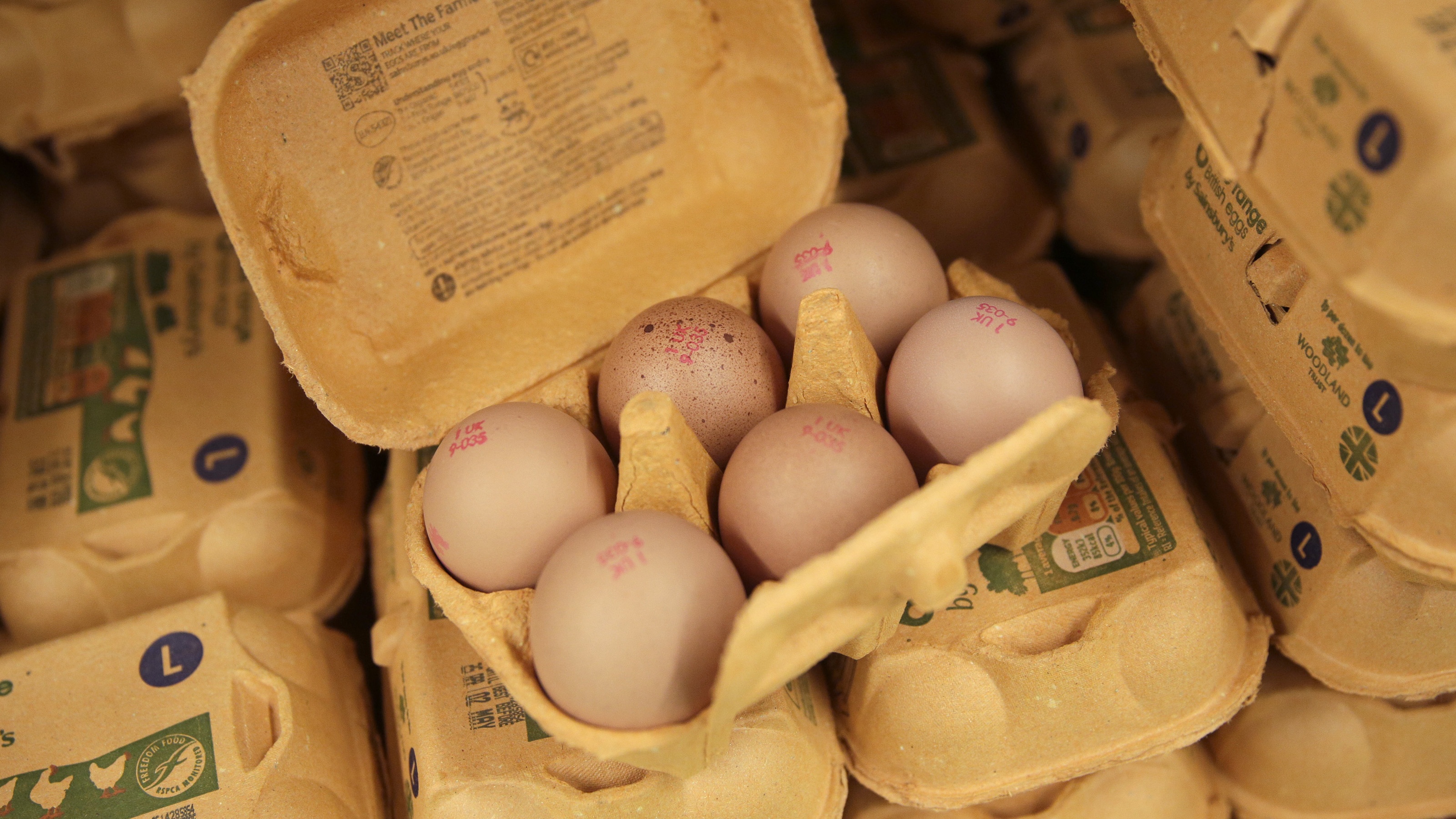 The UK’s Christmas egg shortage
The UK’s Christmas egg shortagefeature Supermarkets blame bird flu but farmers say unfair buying practices are driving them out of business
-
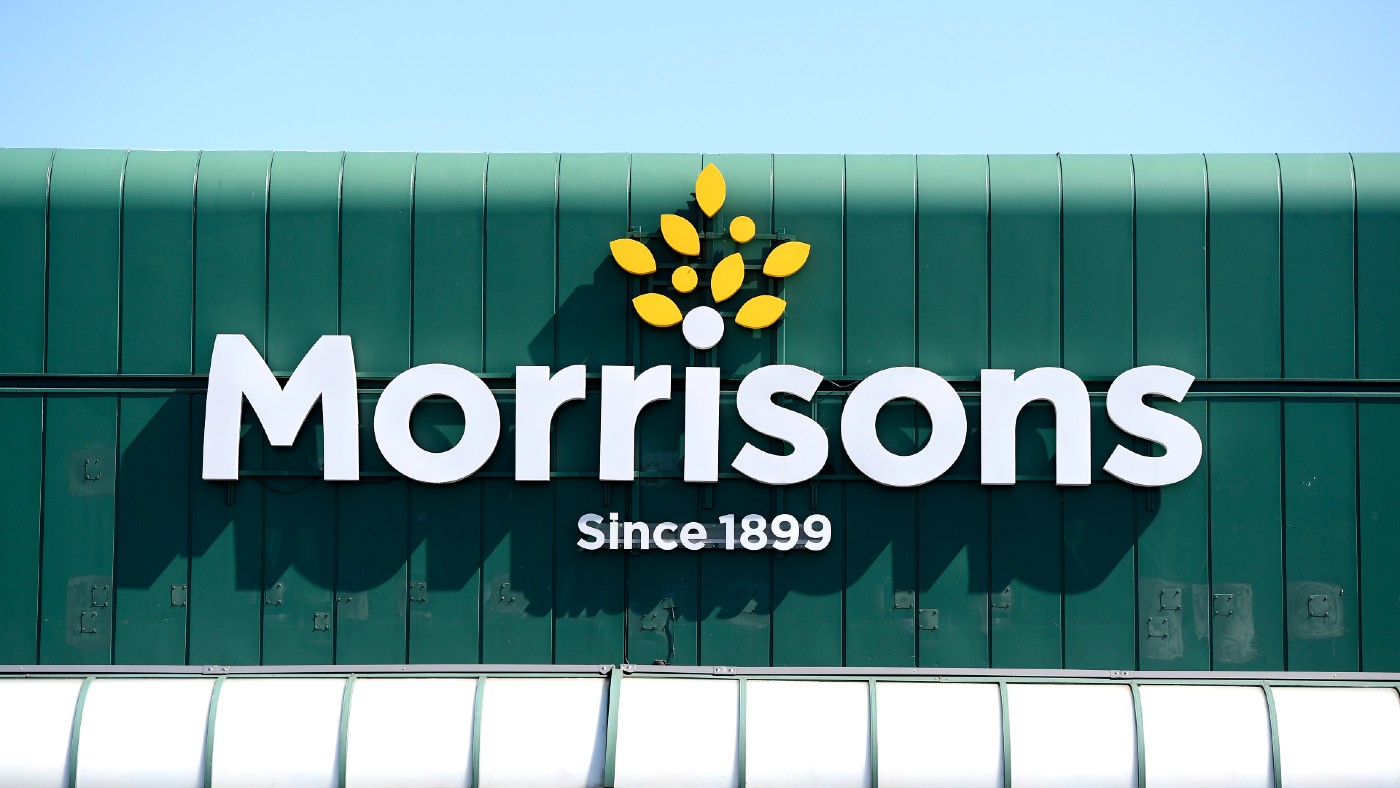 Supermarket sweep: Morrisons taken private
Supermarket sweep: Morrisons taken privatefeature Last weekend’s auction proved ‘strangely underwhelming’
-
 The battle for Morrisons
The battle for MorrisonsIn the Spotlight A vote of confidence in Britain? Or an unsavoury scramble by ‘private equity vultures’?
-
 Sales of Christmas puddings down on 2018
Sales of Christmas puddings down on 2018Speed Read Supermarket data shows slump in demand for festive food
-
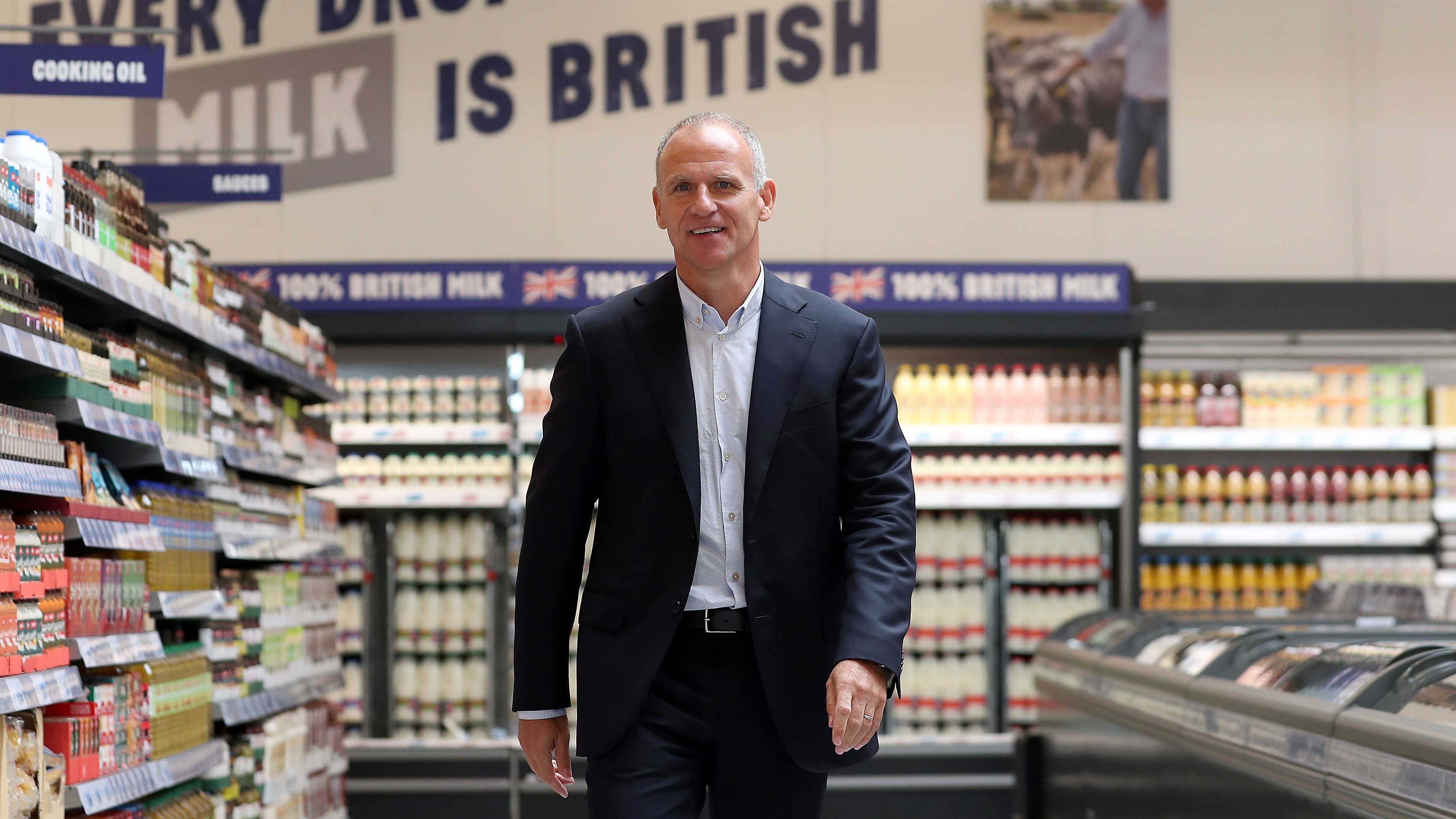 Why Tesco’s Dave Lewis is stepping down
Why Tesco’s Dave Lewis is stepping downSpeed Read The boss who turned Tesco’s fortunes around will leave CEO role in 2020
-
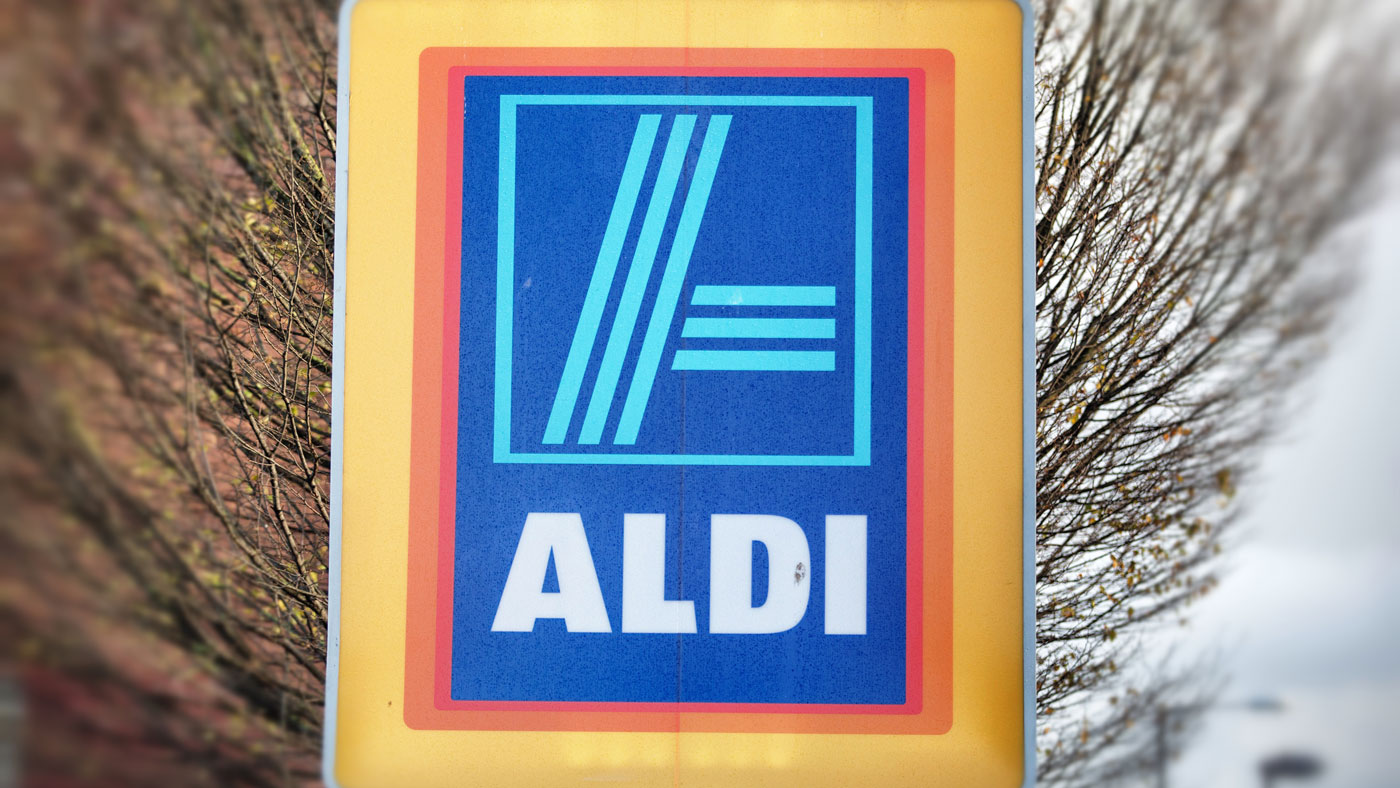 Why are profits collapsing at Aldi?
Why are profits collapsing at Aldi?Speed Read German discounter announces aggressive expansion despite sinking profits
-
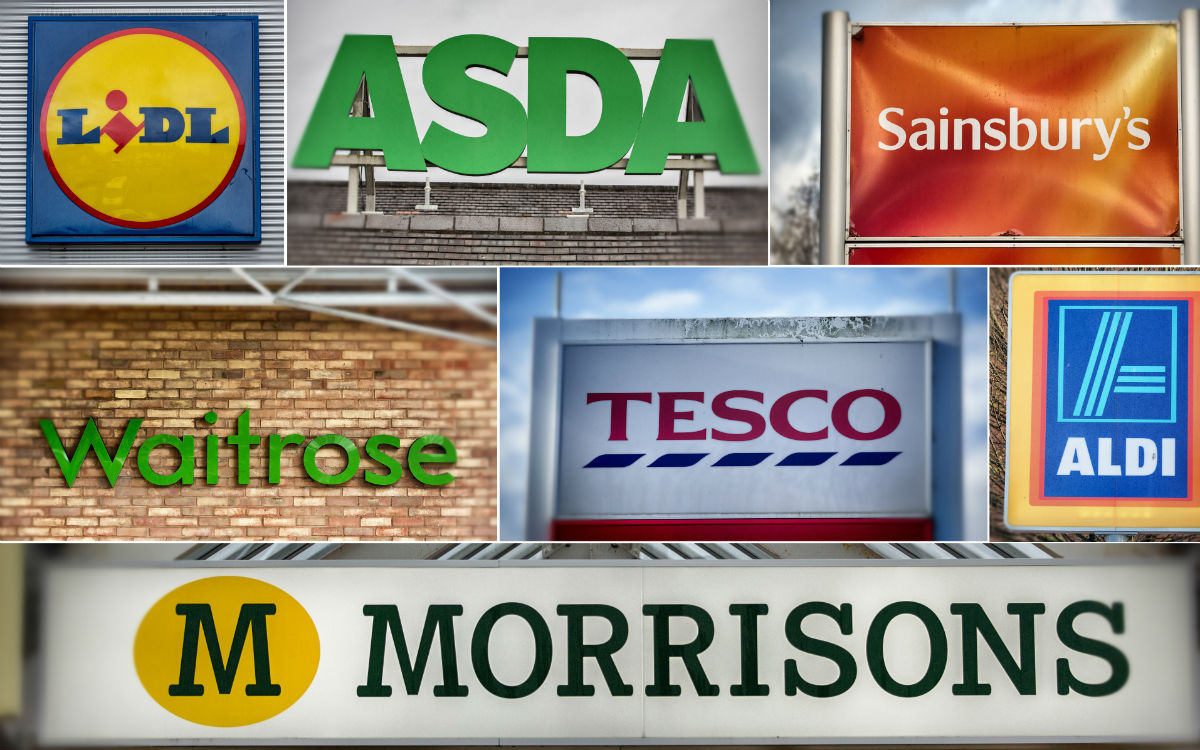 Why are supermarket sales flat?
Why are supermarket sales flat?Speed Read Brexit, fears of recession and price rises blamed for weak data
-
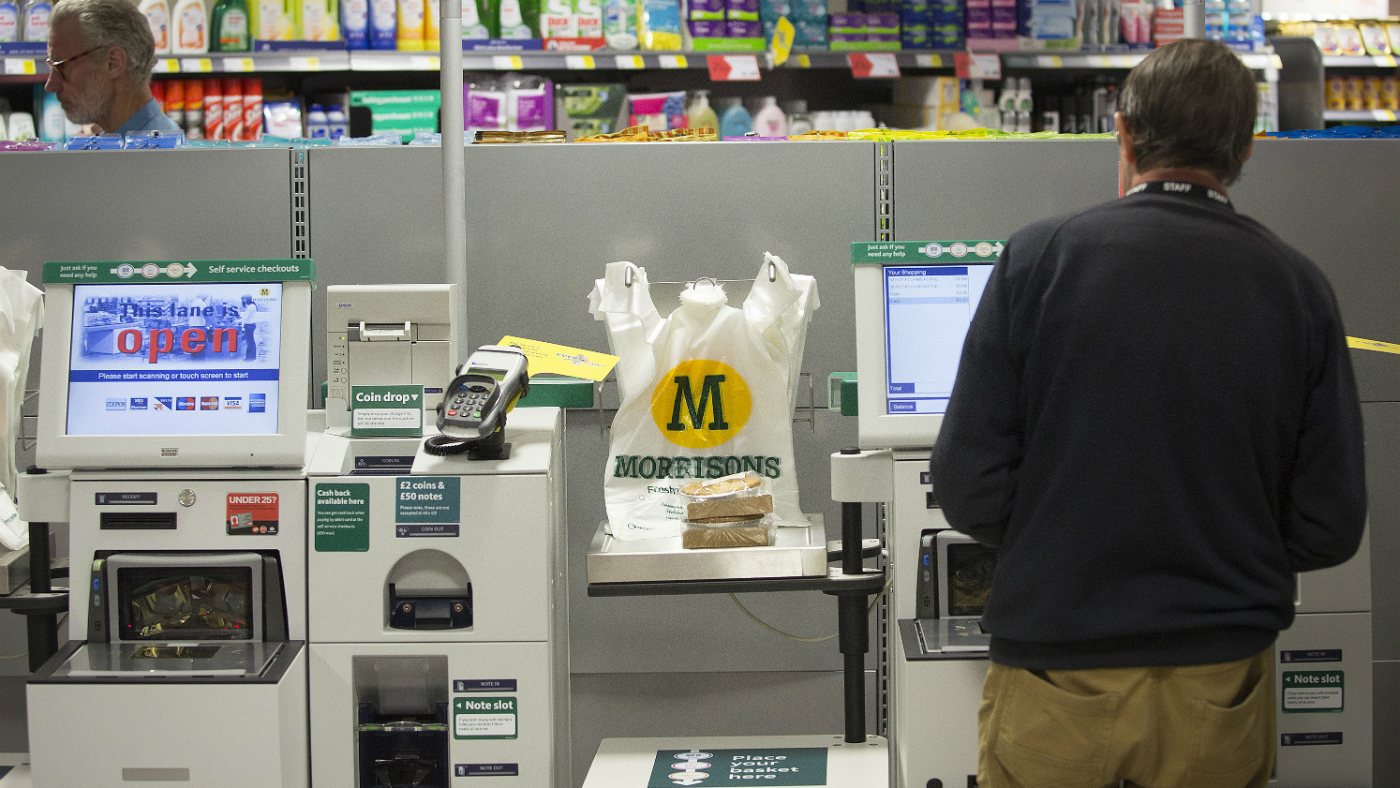 Will shoppers be charged for using self-service machines?
Will shoppers be charged for using self-service machines?In Depth MPs say 1p fee for using self-scan tills could raise £30m a year to ‘heal social divisions’